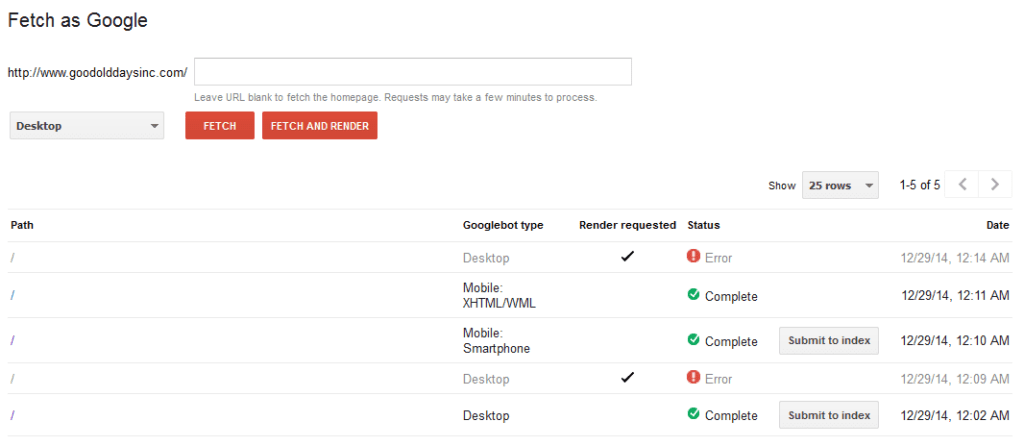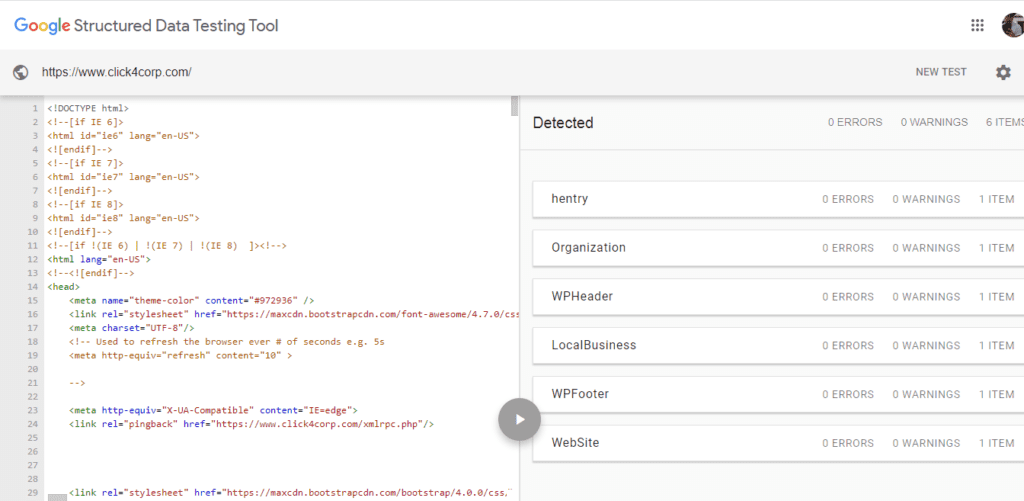
9 Most Harmful Seo Mistakes
SEO is one of the most widely recognized forms of online marketing that keeps evolving at the speed of light. Because SEO is always evolving, techniques that worked for you six months ago may now be entirely out of date. And, if you fail to reconfigure your strategies to the dynamic SEO landscape, you might make a few SEO mistakes that, even though tiny, could end up tanking your ranks in SERPs.
In today’s blog, we’re going to take a look at nine such SEO mistakes and our tips on how to fix them.
9 Common SEO Mistakes
1. Slow Site Speed
First SEO mistakes is having a slow site speed. Most users have very little patience, and if the website takes more than 2 seconds to load, their patience will wear out and they will end up abandoning the website.
In other words, no matter how much time, effort and money you have invested in driving organic traffic to your website, it’s all futile if the page takes forever to load.
What’s the fix?
Run your website through Google PageSpeed Insights to test your website’s speed. If it’s slower than the optimal speed, you’ve got work ahead of you.
You can work on optimizing your site speed by:
- Removing unnecessary characters;
- Removing redirects;
- Resizing and compressing images on your site;
- Minimizing CSS and JavaScript files; and
- Having a hosting solution that can deal with large volumes of traffic.
2. Blocked Files
Googlebot should be able to crawl and index important scripts such as JavaScript and CSS or image files on your website. If the robots.txt file on your site blocks Google’s access to those files, you’re sending the wrong signals and risking your ranking in search results.

Your site might not be malicious, but that’s exactly what Google would think if you have a lot of restricted files. How do you expect the search giant to display your content when it can’t trust your site?
To prevent this potential disaster, test your robots.txt files on the Google Search Console to make sure that no necessary elements are disallowed.

Use Google’s Fetch tool to ensure you have no further indexing issues.

3. Interstitials Ads
Google is at war against interstitials that ruin the user experience. Back in 2017, it even announced an update known as the Intrusive Interstitial Penalty, which explicitly states that if a website is found guilty of showing intrusive pop-ups, banners or overlays, its ranks would be bumped down in SERPs.

If you want to make your mobile website conversion-friendly, don’t use these intrusive interstitials. But if you do decide to use them, be responsible about it. Don’t go out of your way to disrupt the user experience, and make pop-ups as natural as possible.
4. Unplayable Content
Considering how smartphone users outnumber desktop users, the former should have access to everything a website offers. Yet far too many content types, such as unoptimized gif and flash, remain desktop-only, which may lead to a poor or disconnected user experience on mobile devices.
If you’re serious about having a slice of that mobile market, you need to ensure your website is clear of any unplayable content.
Use HTML5 standard tags for animation and use video embedding that are playable on all devices. Google Web Designer can help make it easy to create animations in HTML 5 so that your content is more widely accessible.

5. Bad Redirects
If your sitemap changes or if you’re restructuring your URLs, you need to set up 301 redirects to ensure that valuable SEO juice from your old URL is transferred to the new one.
This SEO mistakes may result in a drop in your rankings as well as more 404 errors (the dreaded “page not found” fail-whale) for your site’s visitors.

6. Mobile-Only 404s
If users see a 404 error when they visit your mobile site, but the same page is visible without a problem on a desktop browser, it is a problem that needs to be remedied.

Our website audit can help you easily find and fix all 404 and soft 404 pages on your website.
7. No Rich Snippets
Gone are the days when search engine result pages only included necessary information about websites. Rich snippets allow search engines to give more details to the search user, which can directly impact the click-through rate for the given listing — especially on mobile devices.
So, if you’re not using Schema Structured Data markup, you’re missing out on a key driver of organic CTR.

You can test your website’s structured data, and make sure that your mobile and desktop versions are equivalent, using this Structured Data Testing Tool.

8. Not Specifying Mobile Viewport
It’s no secret that today we have more mobile screen sizes than ever before. Unless you have clearly identified the right viewports with meta tags, some of your users may experience distorted or incorrectly configured pages when they visit your site using their mobile device — which will lead to poor user experience.
However, you can easily solve this problem by enabling user scaling and controlling the basic dimensions of the web page by using the meta viewport tag. The responsive web design basics on Google Developers blog is also a good resource to learn more about it.
The number of people who access the internet through mobile devices is higher than the number of desktop users. Moreover, Google also tends to favor websites optimized for mobile devices. Therefore, by not making your website mobile-friendly, you’re losing out on so many potential customers and good SEO equity.
You can read our blog on how to make your website more mobile-friendly to better understand how to fine-tune your website in a way that it functions the way you want it on mobile devices
Conclusion
So, these were the 9 common SEO mistakes that you should avoid if you want your site’s SEO to be successful in the long run. That being said, you don’t have to worry about doing everything right if you leave the job to professionals.
At Click4Corp, our team of SEO experts in Dallas, TX, will make sure your site remains in Google’s good books and attracts a large number of qualified leads. Contact us today for more details.

